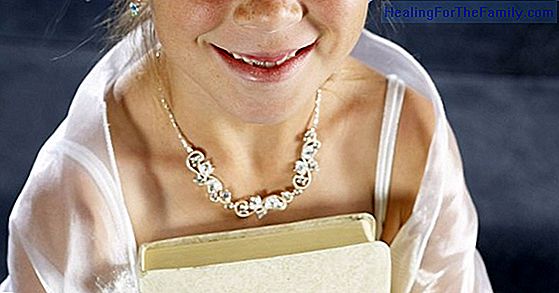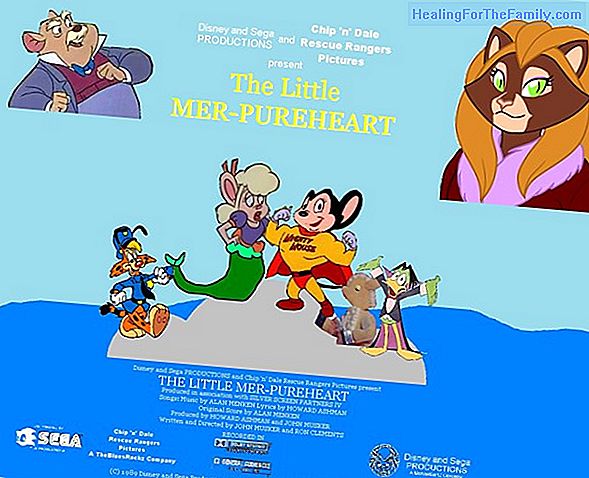When to let children choose
Each child is a different and unique person from birth. In the development of their own personality, the hereditary factors have a great weight and will define to a great extent the children's way of being, as well as their tastes, interests and preferences, although the environment that surrounds t
Each child is a different and unique person from birth. In the development of their own personality, the hereditary factors have a great weight and will define to a great extent the children's way of being, as well as their tastes, interests and preferences, although the environment that surrounds them and especially the educational actions that you receive will also be decisive during your development.
Why let children choose for themselves

It is very important that we allow children from a young age some autonomy and freedom to express themselves as they are and to make small decisions on a day-to-day basis, as we show them that we have them in account and that we are sensitive to their needs and interests and we are favoring at the same time their ability to learn and make decisions, as well as the development of their personal identity and self-esteem. However, to help them to fully develop and reach all the resources that facilitate their growth and personal learning,
rules and limits will also be essential since, children do not have enough cognitive development to decide yet what is most appropriate for them, and in addition, learning to comply with the rules and adjust to them increases their capacity for self-control and to postpone the immediate satisfaction of their desires, improving their tolerance to frustration. Therefore, a formula to find a balance between the two factors would be to let them always choose among several limited options that parents have established. Another option that may result is to give them the freedom to choose on 'special occasions', giving them, for example, good behavior during the day or during the week.
Examples of when to let the children choose
1.
With the clothes:We can give them a choice between two closed options, for example: do you prefer the cowboy or the red dress? Or let them choose the Sunday clothes (in an order) if they have had a good behavior during the week. 2.
With food: it is the parents who have to decide what foods are eaten and when they are served. However, it is not necessary to force the child to eat green beans if you prefer other similar vegetables that you accept. At other specific moments such as a friend's birthday, you can leave more room for decision, allowing you to choose between sandwiches, worms, trinkets, cake ... but always within the limits set by the adult. 3.
With routines: Within daily routines, there may be some negotiation in those that are not transcendental. For example, we can let them decide between a shower (if they are older) or a bathroom. However, there will be other aspects that are not negotiable como, such as not watching television while we eat so as not to distract ourselves. 4.With toys and leisure time:
When we are going to buy a toy for a child we can let him choose the one he likes best, but it will be important to limit the options to make sure it is appropriate and appropriate to the age and characteristics of the child. In leisure time, children can choose to play whatever they want, butthey will not be able to choose the duration of the game time nor the time of the game, being the ideal that leisure follows the realization of the "obligations" of the child (for example, playing after making school records) and not vice versa. 5. With the apprenticeships:
the childrenare continuously learning from birth with daily stimulation, especially through play. However, there are certain learnings, such as school children, whose explicit work is not acquired. Therefore, children can choose what to do in their leisure time (play, paint, draw, etc.) as this greatly enhances their cognitive development, but the completion of school records and activities must be mandatory. Aroa Caminero Psychologist

Centro de Psicología Álava Reyes












